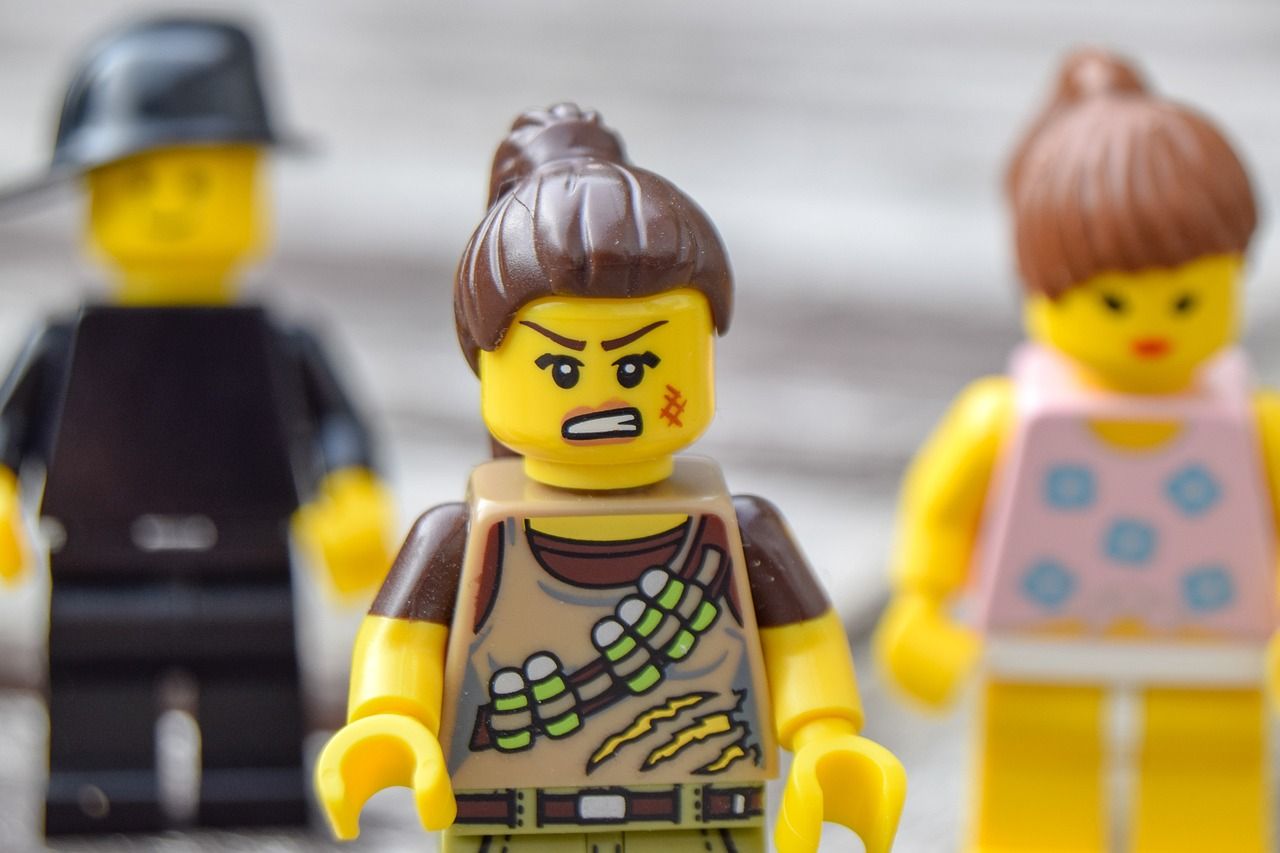New Year, New You
Charlotte Booth • 28 December 2020
What has 2021 got in store.

What will change, however, is me.
2020 has been a tough year for me, mentally speaking. It has been a roller coaster of depression, despair, anger and a general feeling of "what is the point?" With a lot of expletives and mini-meltdowns thrown in for good measure. I am so lucky my other half has kept a supply of emergency chocolate for such incidents.
I have however, been very lucky that Popple Services has been growing for the past year and I am truly thankful to all my clients, old and new who have helped me on this journey. I am so grateful that my business has survived when so many have failed.
In 2021 I want to continue to grow, both as a business and as a person and I intend to start the year with a positive mind-set. Obviously, that is a lot easier said than done and especially considering that we have no idea what 2021 has in store.
But if it's the zombie apocalypse I am so ready for it!
As for Popple Services, in 2020 I introduced an author mentoring programme and I have found it truly inspiring. I want to work with a lot more authors in 2021 as it is wonderful seeing the books as they emerge from someone's mind into a manuscript, as well as watching confidence grow as proposals are sent to publishers!
I also look forward to continuing to work with my current clients on their blog posts and websites and am really excited to see what new clients are going to introduce themselves to me this year.
And you never know, maybe I will get time to work on my own articles and books - a writer is, after all, only as good as their last book.

There is nothing more amusing than checking out mediaeval artistic renditions of lions and other heraldic creatures. These beasts, grimacing and gurning are a strange juxtaposition of human, animal and demon and as far from the cute image of Alex from the Madagascar franchise or in fact a real lion as you could possibly get. There are three main reasons mediaeval lions are so ‘bad’ and un-representational; The artists were following a very tight brief. Some of the artists may never have seen a lion, and were following the descriptions they were given. These lions were representing heraldic principals of bravery, nobility and authority; all very human characteristics. When viewed through this lens it becomes more understandable why they look the way they do, but they are still ‘not right’ and not a great tool for learning about lions. Generative AI is very similar to an uninformed but talented mediaeval artist. There is a element of intelligence but at the end of the day it is following a brief, with no actual ‘knowledge’ of the thing it is producing. As an example, if you prompt your generative AI (ChatGPT and the like) to produce a blog for your new product or service, aimed at your ideal customer avatar you will in all likelihood get a mediaeval lion out the other end. Sort of recognisable, and sort of not. This is because AI doesn’t know what a customer is (ideal or otherwise), has no idea what your product or service is and does, and has no true understanding of how this service or product will serve your ideal customer and their needs. Of course, AI is pulling all the information available from the internet to help with its answer but there is no understanding there. There is no determining fact from falsehoods or even which websites are trustworthy and which are not. So, it skims the internet and puts together content which suits the brief as it understands it. This is then when the actual work should start as this content shouldn’t be used in the raw. It should be edited and tweaked by a human who DOES understand the brief, has been a customer (ideal or otherwise) and can imagine what your ideal customer will feel when using your product or services. We are in a world now, where we have generative AI promoting products and services to humans, when it has no concept of what a human is and how it thinks, meaning the marketing department are in fact more important than ever for ensuring content and copy is aimed at humans and human emotions. You could argue that the world would be a more entertaining place if there were more mediaeval lions in it, but it wouldn’t be a great environment for learning, or for basing purchasing decisions on. If you want to maintain the human element in your content, then I would love to help . Explain the brief, your CTA and your ideal client and I will know what I need to ask to get a clear idea before writing. Then you can rest assured your content was written by a human for a human and we can leave the mediaeval lions to the museums.








